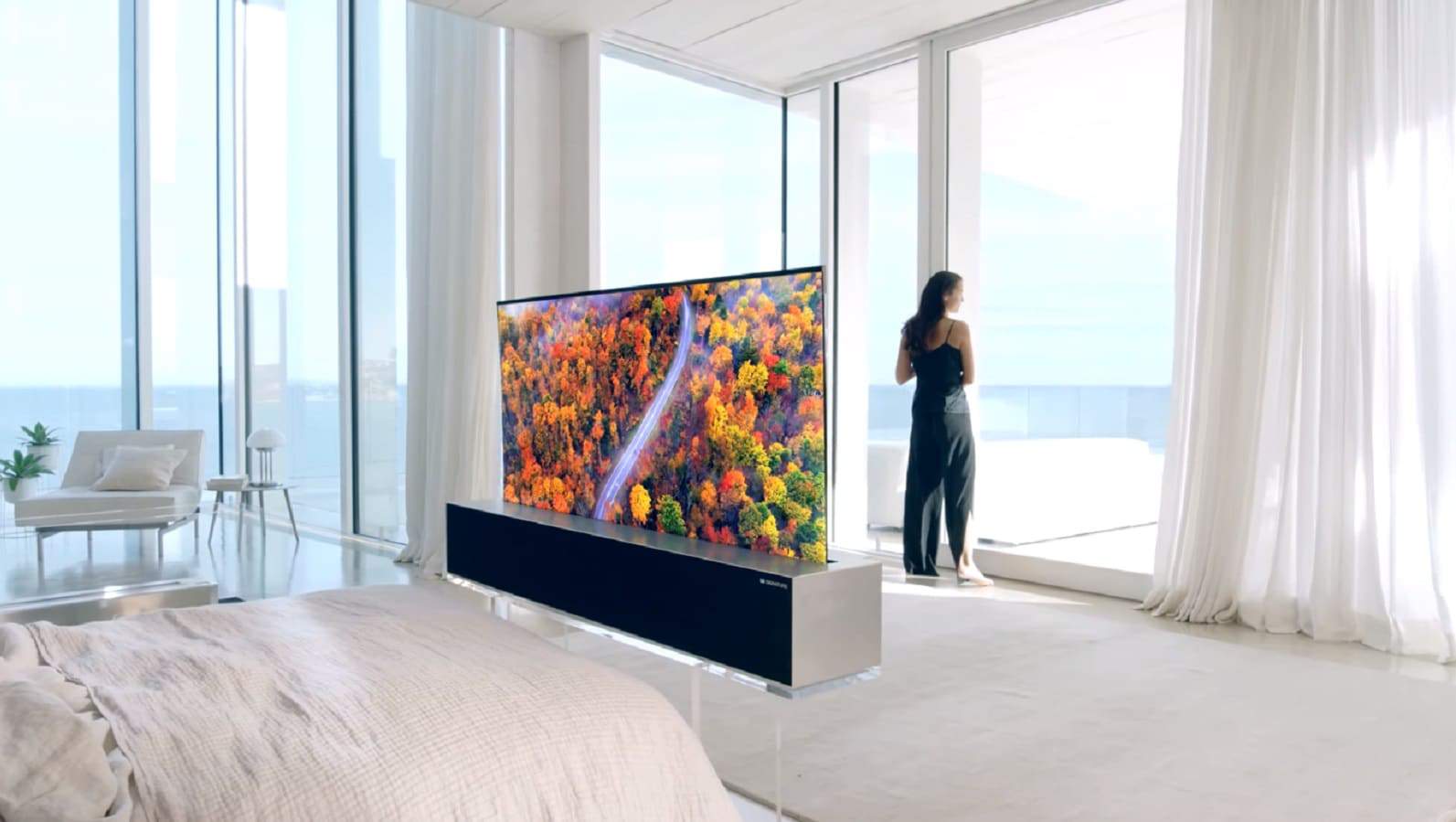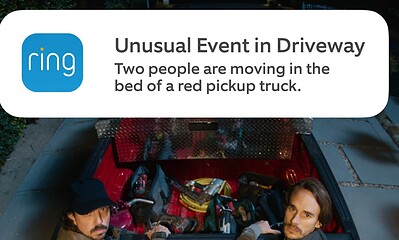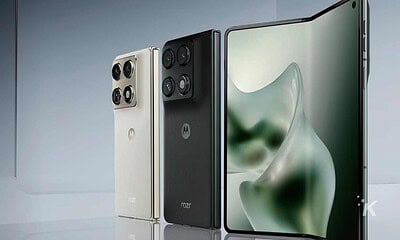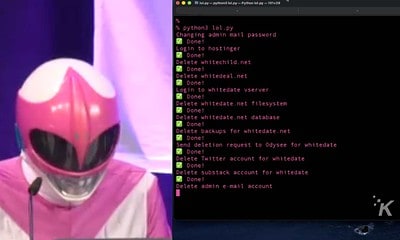News
Hate your smart TV spying on you? You’ll have to pay more for a normal one
Data collection offsets your hardware costs.

Just a heads up, if you buy something through our links, we may get a small share of the sale. It’s one of the ways we keep the lights on here. Click here for more.
Smart TVs are fast becoming the industry standard. With extra functionalities built-in and more advanced hardware, you’d expect for them to be more expensive than more traditional “dumb” sets, wouldn’t you?
Apparently, that’s not the case, with the data harvesting done by smart TV features actually offsetting the cost of the hardware to the consumer. Vizio CTO Bill Baxter let this surprising factoid slip while talking to The Verge.
He says that the cutthroat world of TV sales would be even more expensive if companies didn’t also have content, advertising, and data businesses on the side. With an average margin of 6% for TV manufacturers, it’s easy to see why other monetization routes are necessary.
Should we commend Vizio for being so honest?
While this is perhaps unsurprising to some, it’s still shocking for an executive of a company to be so candid about its data collection policies. Perhaps Vizio should be commended for this, as the rest of the industry seems to have a shroud of mystery over its own data collection. Sure, there’s always a long-winded policy written in legalese, but not often do you get any sort of plain English version.
Vizio is ahead of the curve here, with Baxter saying that they’re already on the road to compliance when the new Californian data privacy laws come into place in 2020. All data collection is opt-in by default and all data is anonymized. When privacy laws eventually come into place nationally, Vizio feels they’ll be at the forefront of disclosing just what they collect to consumers.
Monetizing older TVs
It’s not just data collection though, it’s a whole bunch of revenue streams mashed into a blended revenue model. Things like how Vizio upgrades even old TV sets with new software updates like AirPlay or HomeKit wherever possible, enabling them to monetize even older sets with things like content rentals for a longer period of time.
Whatever the reason, data collection isn’t going away. It’s reassuring to see companies like Vizio talk openly about what they collect, why, and what it’s used for.
What do you think about this smart TV news? Is this comforting or is it the opposite? Let us know down below in the comments or carry the discussion over to our Twitter or Facebook.
Editors’ Recommendations:
- Samsung’s 75″; MicroLED TV uses panels that allow you to quickly change the size
- If TCL has anything to do with it, your 2019 resolutions will be in 8K
- LG’s new ad makes it clear you’ll never be able to afford its rollable OLED TV
- Was Apple the real star of the show at CES 2019?
- CES 2019 content placeholder for CES 2019 content




























